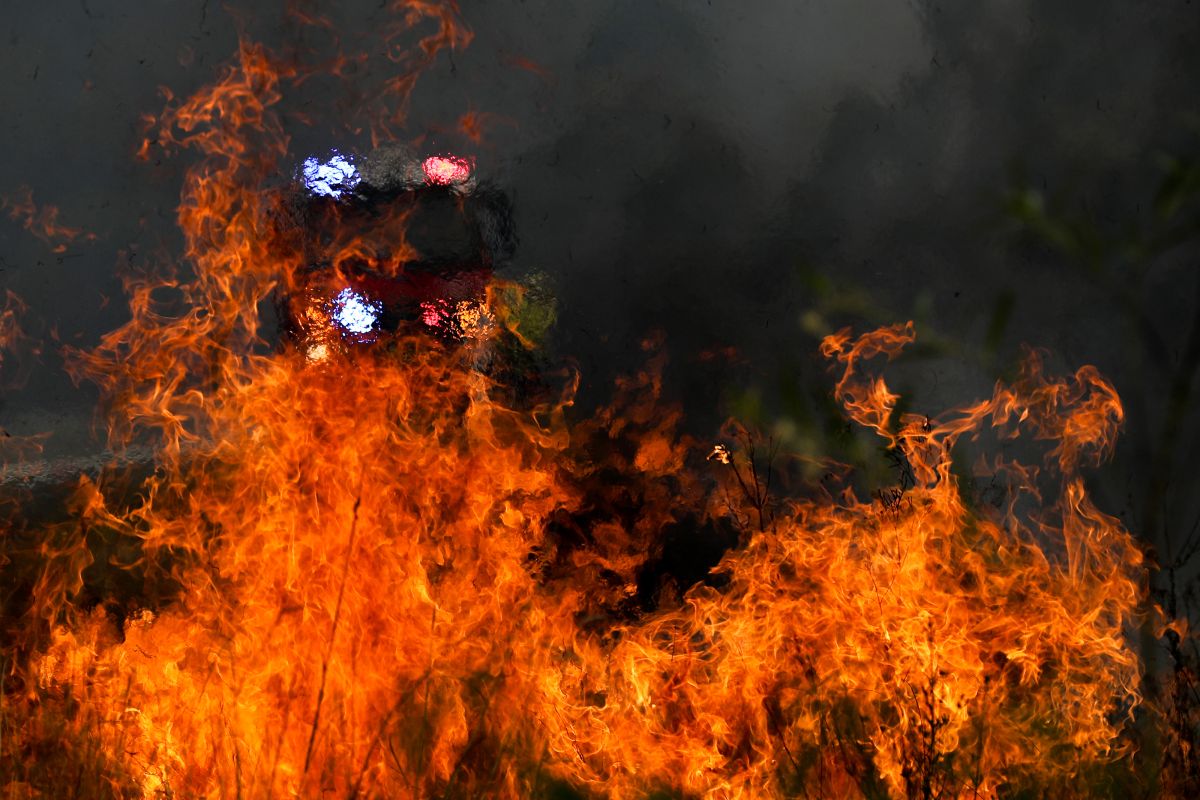As massive bushfire rocked Australia, Prime Minister Scott Morrison on Monday rejected calls for “reckless” and “job-destroying” cuts to the country’s vast coal industry in the face of a deadly climate-fuelled bushfire crisis.
PM Morrison’s conservative government has fiercely defended the lucrative coal industry in Australia, which produces a third of global coal exports and provides work in swing electoral districts.
Advertisement
“I am not going to write off the jobs of thousands of Australians by walking away from traditional industries,” Morrison told the Seven Network, in one of several morning interviews rejecting calls for further action.
“What we won’t do is engage in reckless and job-destroying and economy-crunching targets which are being sought,” he told Channel 9 while responding to calls for more climate-friendly policies.
On Sunday, PM Morrison visited firefighters battling bushfire crisis as he apologised for a Hawaiian holiday that ended early after public outrage.
Last week, Australia’s New South Wales (NSW) state declared a state of emergency, with bushfire conditions expected to worsen over the coming days as a record-breaking heatwave sweeps across the country.
In November, New South Wales’ Rural Fire Service said Thursday morning there were about 60 fires active, with 30 of them uncontained in the state where some 1,200 firefighters tried to mitigate the flames in the face of worsening conditions, such as rising temperatures and wind.
Dozens of fires also burn in the neighbouring state of Queensland and authorities have ordered an evacuation in towns such as Noosa North Shore and Woodgate.
The fires have been fuelled by tinder-dry conditions after three years of drought that experts say has been exacerbated by climate change, a factor that has sparked a sharp political debate in recent days.
Several new fires broke out to scores of blazes that have been burning for several days across New South Wales (NSW) state.
Bushfires occur frequently in Australia, but scientists say several weather phenomena have come together to make this spring-summer bushfire season among the worst on record.
Record-low rainfall, record-high temperatures and strong winds have made the situation more combustible, and according to scientists, are influenced by climate change.
Australia committed at the 2015 UN climate summit to reduce its emissions by 26 to 28 per cent below 2005 levels by 2030.’











